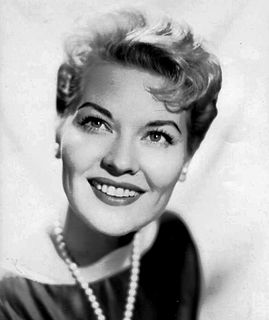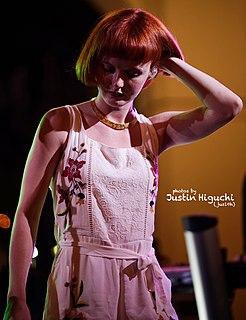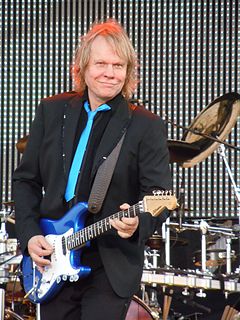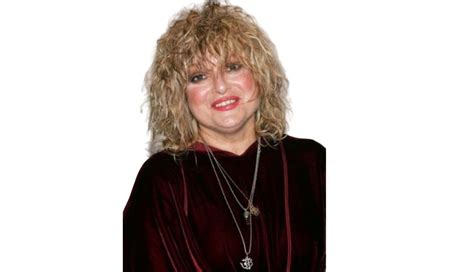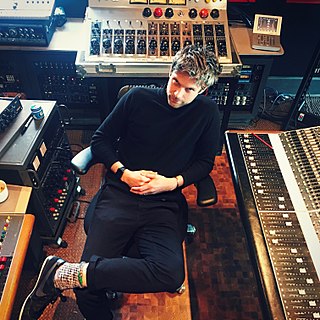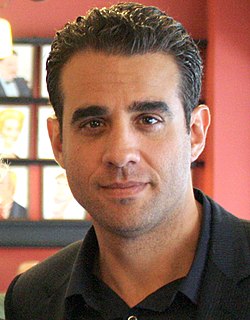A Quote by Ira Glass
One reason I do the live shows - and the monthly speeches at public radio stations - is to remind myself that people hear the show, that it has an audience, that it exists in the world. It's so easy to forget that.
Related Quotes
People don't like the music that's out now, that's on their radio stations, and they want to hear something different, but they're just the audience. You know, people will keep the TV on even if a show is on that they hate - because, unfortunately, they've been programmed to do that. [But] they are really looking for something that's gonna speak to the world that they're living in. That's what people are looking for, but they're not finding it.



